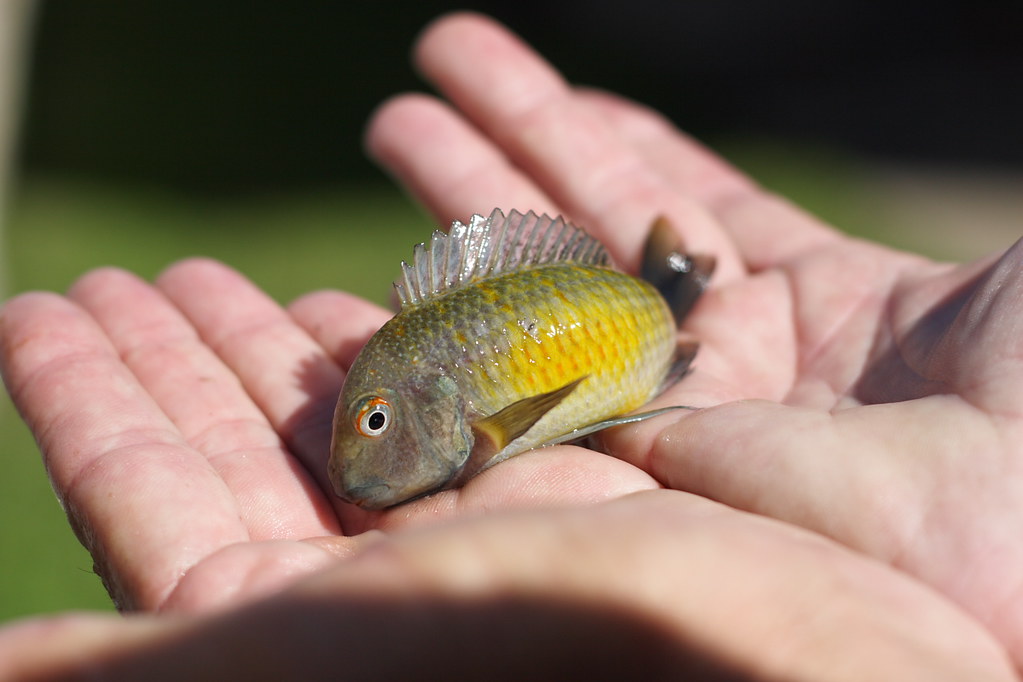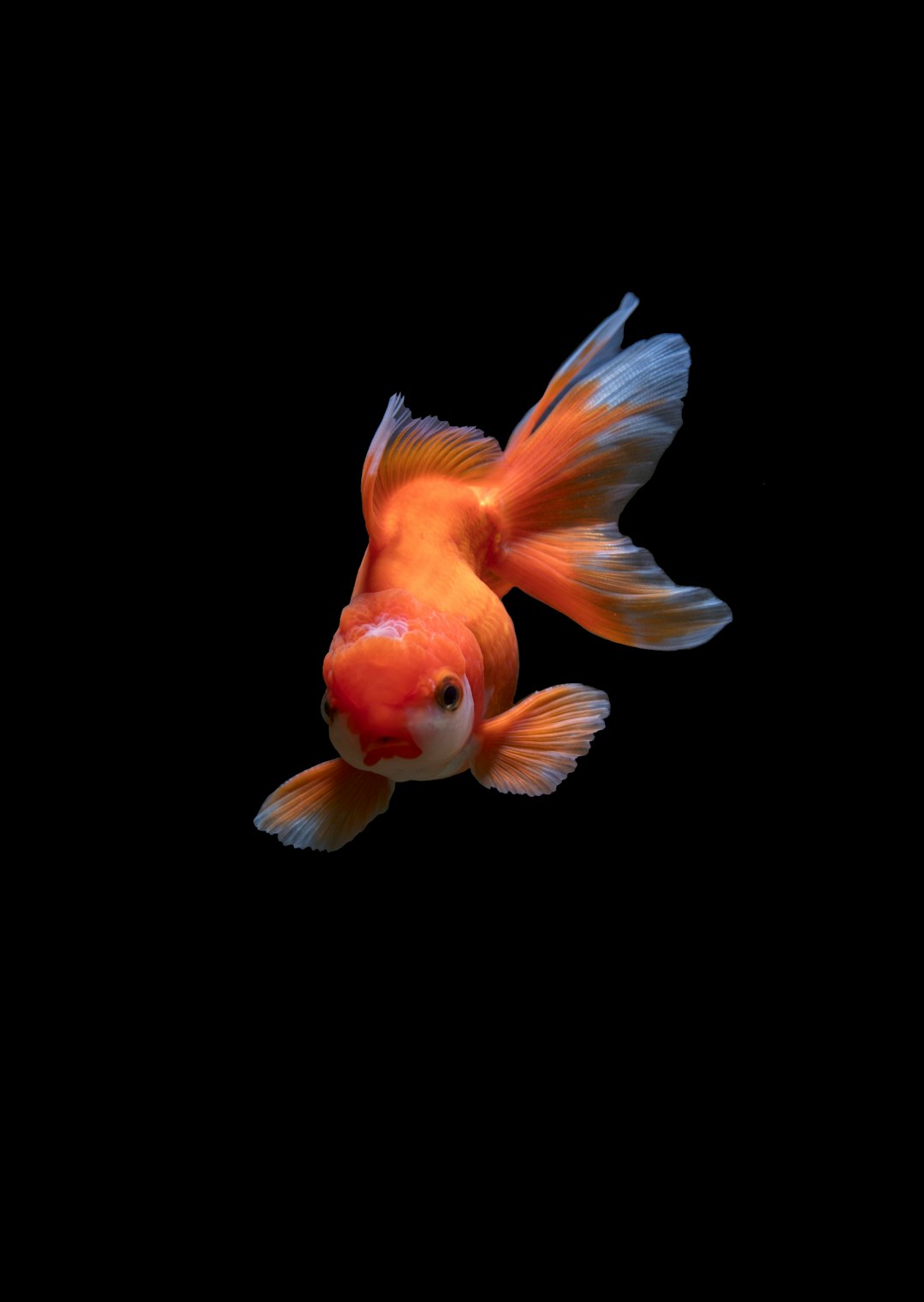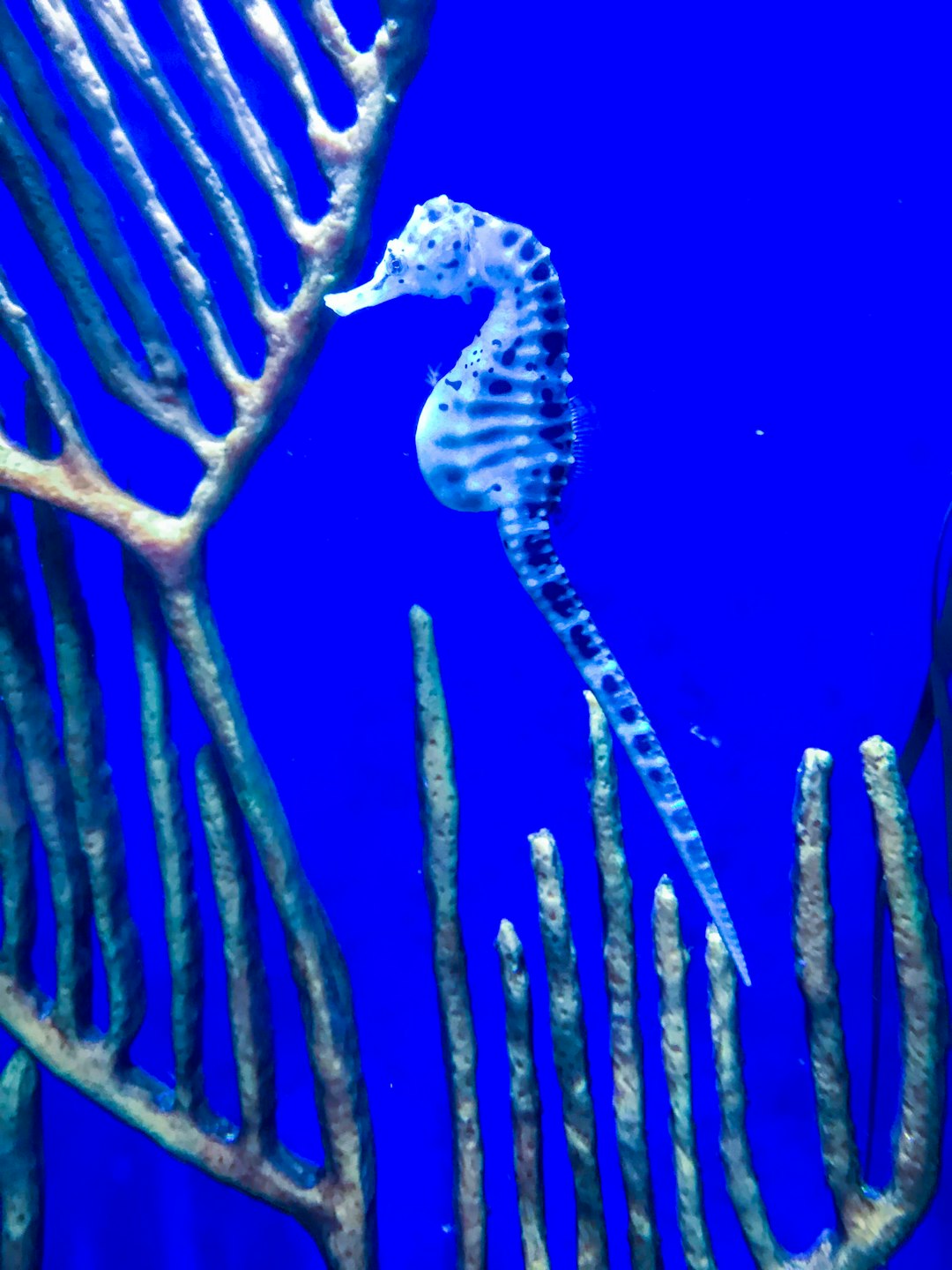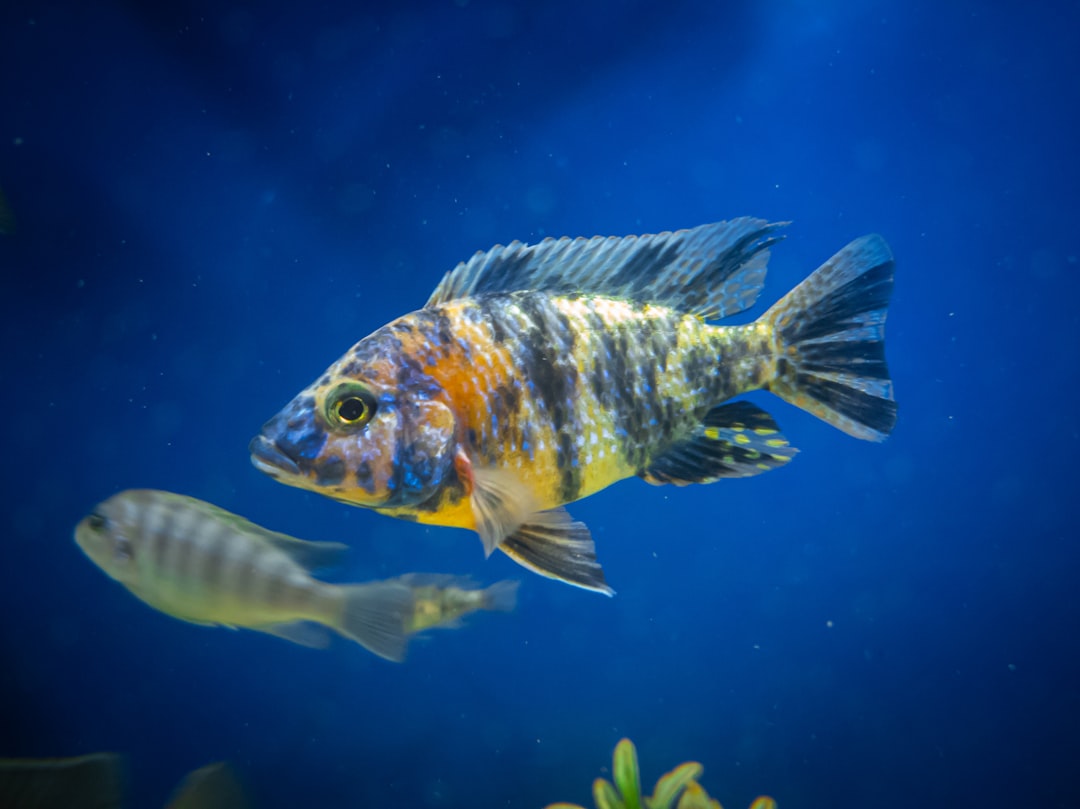Fishkeepers often find themselves puzzled over whether their fish is bloated or pregnant, especially in species known for their prolific breeding like goldfish and cichlids. While both conditions involve a noticeable abdominal swelling, distinguishing between them means a world of difference in terms of care and attention. Here's how to differentiate and address each scenario.
Identifying Bloating Versus Pregnancy
Swollen bellies in fish usually mean one of two things: pregnancy or bloating, and the treatments for each are vastly different.
Pregnant Fish: What to Look For
- Behavioral Changes: Pregnant fish often become less active but remain interested in eating and may display a brighter coloration.
- Physical Indicators: Look for a visibly rounder belly. In species like cichlids, males may become more active and territorial, indicating that females are pregnant.
- Environmental Cues: Goldfish, for instance, may release eggs if males display breeding tubercles (small white bumps). Creating a safe habitat with hiding spots ensures the protection of eggs and fry from potential predators.

For a detailed guide on caring for species commonly confused between the two conditions, explore this resource on the Balloon Black Molly Fish: Care Tips and Essential Guide.
Understanding Fish Bloat
Bloat can be indicative of several underlying problems, from simple overfeeding to more serious infections:
- Dietary Imbalance: Fish fed inadequately, with little fiber, often experience constipation leading to bloating. Overfeeding is also a common culprit.
- Water Quality: Poor water conditions foster bacteria that cause infections, leading to issues like dropsy where scales protrude due to fluid accumulation.
- Symptoms to Watch: Fish with bloat may lose appetite, swim erratically, or have difficulty maintaining buoyancy—these are not typical of pregnancy.
To better understand these symptoms, refer to this definition of bloat which outlines signs such as a bloated belly and bulging eyes, helping distinguish it from pregnancy.
Caring for Your Fish
The approaches to care differ distinctly between pregnancy and bloat management:
For Pregnant Fish:
- Water and Space: Provide a separate breeding tank with high-quality water through regular changes (20-30% weekly) using gentle filtration methods like sponge filters.
- Nutrition: A diet rich in high-protein foods, like brine shrimp, supports egg development.

For Bloat:
- Dietary Adjustments: Incorporating fiber-rich foods, such as shelled peas, helps relieve constipation.
- Water Management: Regularly test and improve water quality. For dropsy and bacterial infections, a salt dip (1 tsp Epsom salt per gallon) can provide relief.
- Isolation: Quarantine affected fish to prevent disease spread and allow for a focused treatment approach.
If you suspect illness, educating yourself is key. Learn more in this helpful overview of Freshwater Aquarium Fish Diseases & Prevention to ensure you're giving your fish the best fighting chance.

Additionally, parasitic infections such as nematodes can cause bloating. Understanding the symptoms and treatment of these infections is crucial. This in-depth resource on nematode infections in fish explains how they lead to bloated abdomens and what steps are necessary to treat them.
Key Differences Table
Here’s a comparison to help you quickly identify your fish’s condition:
| Aspect | Pregnancy | Bloat |
|---|---|---|
| Behavior | Active, good appetite | Loss of appetite, lethargic |
| Physical Signs | Swollen belly, brighter colors | Swollen belly, swim issues |
| Treatment | Separate tank, protein-rich diet | Water quality management, dietary change |

Now that you have the tools to distinguish and care for bloated or pregnant fish, which signs have you noticed in your aquarium? Share your experiences and strategies in the comments below!
Frequently Asked Questions
How can I tell if my fish is pregnant or bloated?
Pregnancy in fish often shows as a gradual belly enlargement. In contrast, bloating from overfeeding or illness like dropsy typically results in rapid swelling, behavioral changes, or even scales puffing out. Always monitor your fish’s eating habits and behavior to differentiate the two.
What are the causes of fish bloating?
Fish bloat can be caused by overfeeding, constipation, trapped gas, or illnesses like dropsy and bacterial infections. Parasites or poor water quality may also contribute. It's important to address such issues promptly to avoid long-term harm.
What are the signs of dropsy in fish?
Dropsy in fish shows as rapid abdominal swelling, scales sticking out (pinecone effect), lethargy, and difficulty swimming. It's vital to act quickly as dropsy is often caused by infection or organ failure and can be fatal without treatment.
How do I prevent fish from becoming bloated?
To prevent bloating, avoid overfeeding by providing small, measured portions. Maintain water quality with regular cleaning, and use high-quality fish food. For certain species, consider a balanced diet including vegetables to help prevent constipation.
What should I do if my fish has a swollen belly?
If your fish has a swollen belly, temporarily isolate it in a hospital tank. Evaluate potential causes like overfeeding, illness, or water quality. Adjust its diet, try Epsom salt baths for constipation, or consult a veterinarian if symptoms persist.
I hope this guide helps you become more confident in identifying whether your fish is bloated or expecting a new addition to your fish family! It's such a fascinating journey learning about our aquatic friends, and I’d love to hear your thoughts or see pictures of your own fishy adventures. If you’re inspired to dive deeper into the world of fish care and aquarium tips, be sure to follow us on X (formerly Twitter) for quick updates and join our vibrant community on Facebook. For more visual inspiration, check out our albums on Pinterest where we pin helpful visuals and creative tank setups. You can also explore our Instagram to catch glimpses of stunning aquariums and featured fish. Let's keep this conversation swimming!
